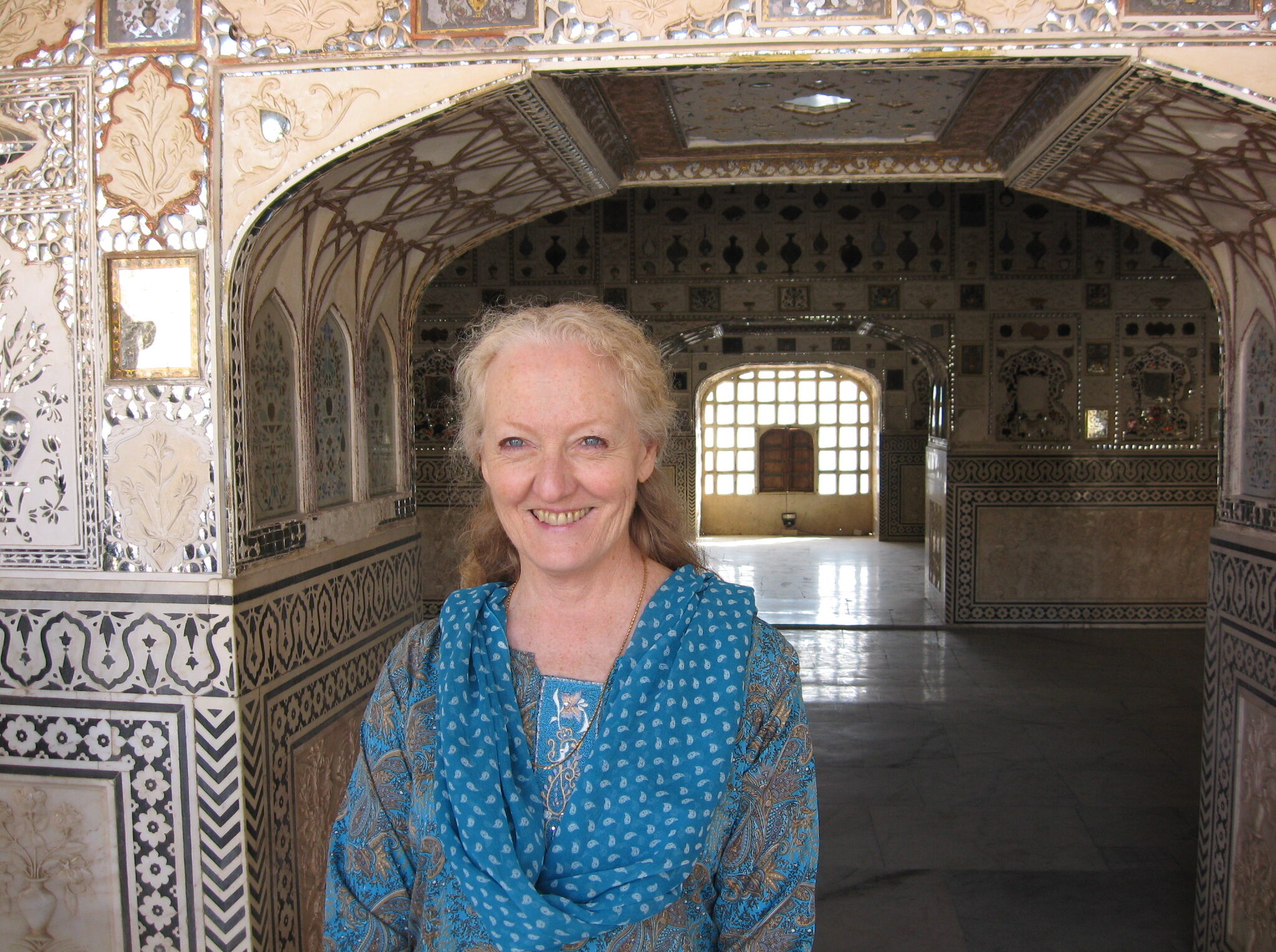We live in a country in which our right to the pursuit of happiness is enshrined in our very constitution. Coopted by the advertising industry as a key-in to get us to buy more stuff, the concept of happiness has become glued to acquisitions. But does that work? Do more knick-knacks, cars, or hair gel make us happy?
I suggest three important questions to bore down more deeply into our happiness quotient:
1) What do I need?
Be realistic here. What do you really need this very moment? Beyond taking in your next breath what do you need – right now? If we expand the question a little, you’d likely come up with such things as food, shelter, and so on. The question then is not what kind of food, shelter, etc. you want. It is – what do you need? Keep it simple and basic and be very honest with yourself. Usually, this list is pretty short.
2) What do I want?
Centering in and finding out what we want in any given circumstance is a good thing. Knowing our preferences keeps us on track for our truest self when faced with choices. The problem arises when we struggle with a set of wants against a backdrop of perpetual dissatisfaction. If we think we can’t be happy until we get every single thing we want – we’re doomed to unhappiness. Why? The list never ends. In case you haven’t noticed, every want is followed by the next. Our advertising industry thrives on this fact and does its best to insert whatever product they are marketing into the queue as “essential.”.
3) What do I crave?
In like fashion, but amped up a notch, craving sets in when we work ourselves into a frenzy over what we really, really, really want – and thereby create an internal belief that a want is a definite need. Closely akin to all-out addiction, cravings leave us desperate for what we want. And soon after the last “hit” wears off, the agitation starts up again.
The bottom line is that when we confuse wants and cravings as needs – and believe that what we want is essential, we create suffering for ourselves.
Often, ironically, focusing on meeting true needs grants us a serenity that is only disrupted by agitating about not getting our wants met. If we focus on first getting our needs met, then allow our wants to guide choices when we have them, and then see our cravings as a spiritual exercise we find ourselves settling into contentment.
What do I mean by “spiritual exercise” for craving? By focusing on our needs first, we find ourselves truly focusing on our breath – a deeply spiritual exercise unto itself. By noticing that our cravings are stirring up the pot we enter another level of spiritual awareness wherein we can see clearly how we are creating our own suffering and misery by devoting so much mental space to these things. To what end, really? Will acquiring these things truly make us happy? Closely akin to any other addiction, typically the acquisition of that which we crave gives only a short, temporary reprieve to the agitation before it stirs up again. Therein we see the nexus of our suffering is the agitation, itself. To allow this to dissipate without taking it so seriously as “essential” is one of the greatest sources of relief we can find.
Best of all is when we find an authentic space inside of us in which we truly want what we have. And come back to what we really need: this breath.
